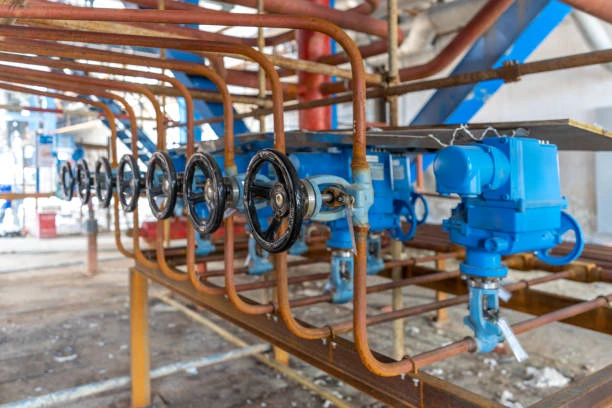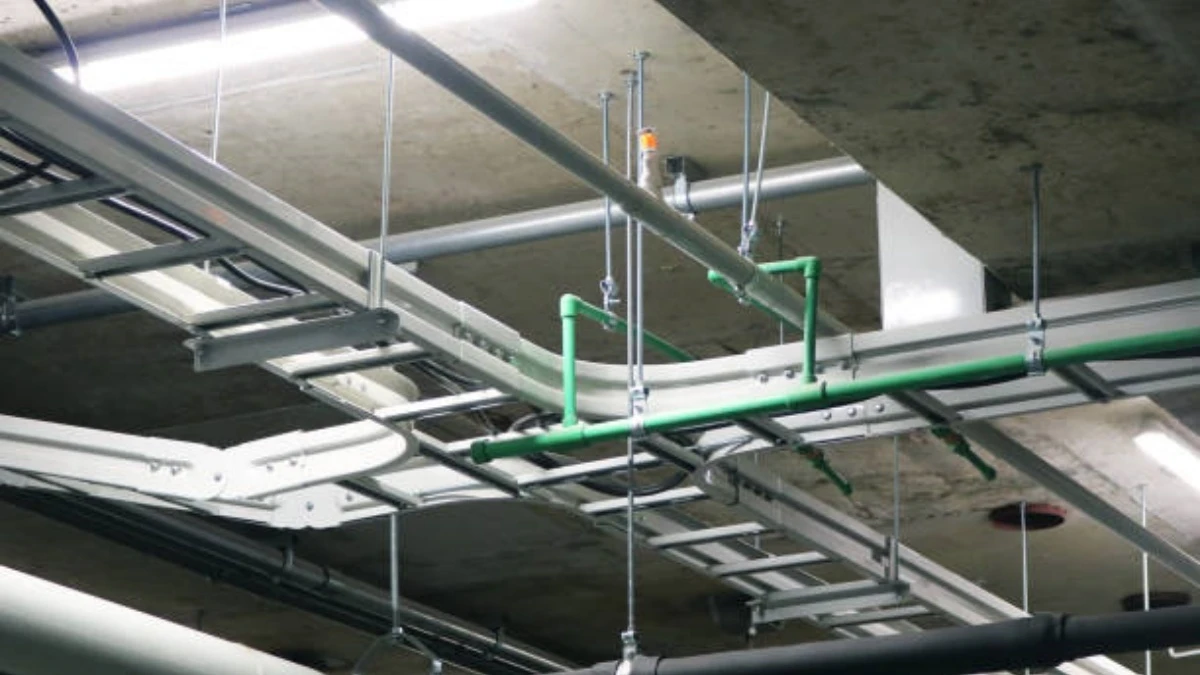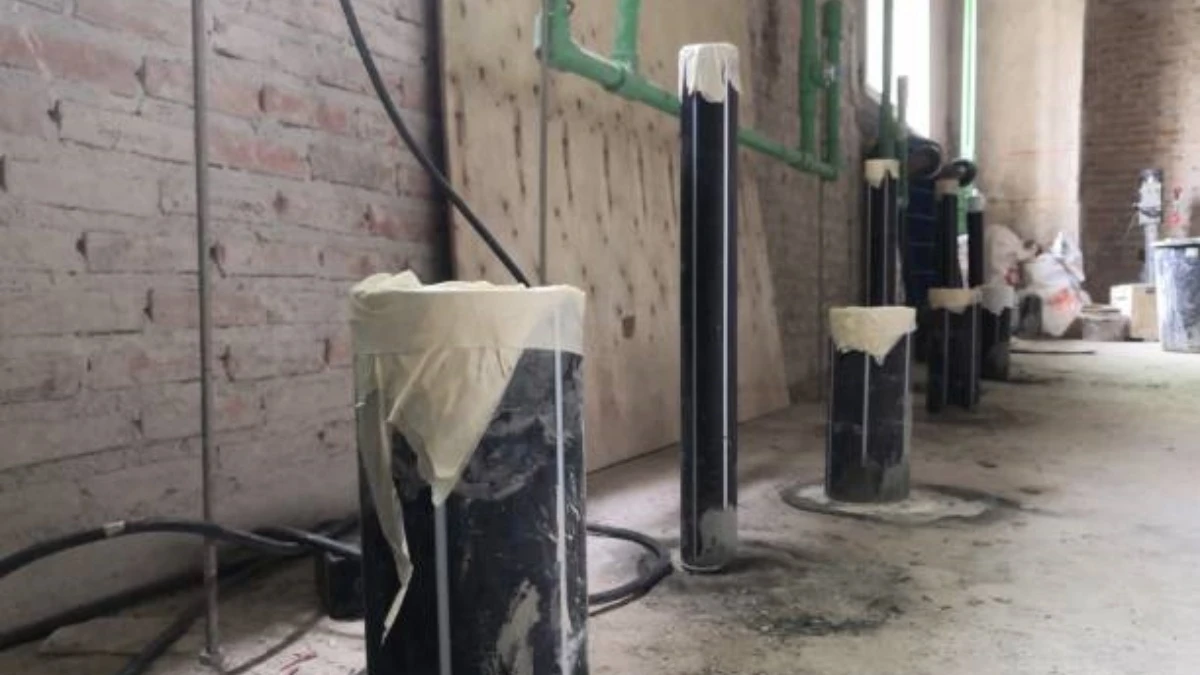As the world transitions towards cleaner energy solutions, hydrogen has emerged as a key player in the quest for sustainable fuel sources. Hydrogen tank valves are essential components in the safe storage and transportation of hydrogen, ensuring that the gas is contain under high pressure without leaks. Recently, Poppe + Potthoff, a leading manufacturer in this field, successfully completed the required tests for their hydrogen tank valves as part of the certification according to R134. This article explores the significance of this achievement, the technology behind hydrogen tank valves, and the implications for the industry.
Understanding Hydrogen Tank Valves
What Are Hydrogen Tank Valves?
Hydrogen tank valves are specialized devices design to control the flow and pressure of hydrogen gas within storage tanks. These valves are critical for maintaining safety and efficiency in hydrogen applications, whether for industrial use, transportation, or fuel cell systems.
Key Functions of Hydrogen Tank Valves
- Flow Control: They regulate the release of hydrogen gas from storage tanks, ensuring it is dispensed safely and at the correct pressure.
- Pressure Regulation: Valves maintain safe operating pressures within the tank, preventing over-pressurization that could lead to catastrophic failures.
- Safety Features: Many hydrogen tank valves are equip with features like pressure relief systems to mitigate risks in case of emergencies.
- Leak Prevention: High-quality sealing mechanisms are crucial for preventing leaks, which can pose significant safety hazards due to hydrogen’s flammability.
The Importance of Certification
What is R134 Certification?
R134 certification refers to a set of standards and testing protocols designed to ensure the safety and performance of hydrogen components, particularly in high-pressure environments. This certification is crucial for manufacturers looking to enter the hydrogen market, as it guarantees that their products meet rigorous safety and quality standards.
Why Certification Matters
- Safety Assurance: Certification provides assurance to customers and regulatory bodies that the product has undergone thorough testing and meets safety requirements.
- Market Access: Many industries require certification before allowing components to be useful in their operations, making it essential for market access.
- Consumer Confidence: Certified products instill greater confidence among consumers and businesses, knowing that the components they use are reliable and safe.
Poppe + Potthoff’s Achievement
Overview of Poppe + Potthoff
Poppe + Potthoff is popular for its expertise in manufacturing precision components for various industries, including automotive, hydraulic, and energy sectors. With a commitment to innovation and quality, the company has positioned itself as a leader in the hydrogen technology space.
Testing Process for Hydrogen Tank Valves
The testing process for R134 certification involves several rigorous evaluations to assess the valves’ performance under various conditions, including:
- Pressure Tests:
Valves are subject to extreme pressure conditions to ensure they can withstand high-pressure hydrogen storage without failing. - Leak Testing:
Advanced techniques are employed to detect any potential leaks, ensuring the integrity of the valve is maintained. - Temperature Resistance: Valves must perform reliably across a range of temperatures, simulating the conditions they might encounter in real-world applications.
- Material Compatibility:
The materials used in the valves are tested for compatibility with hydrogen to prevent degradation or failure over time.
Significance of Successful Testing
The successful completion of the R134 certification tests underscores Poppe + Potthoff’s commitment to quality and safety in hydrogen technology. This achievement not only positions the company favorably in the market but also reinforces the importance of stringent testing protocols in the development of hydrogen components.

The Future of Hydrogen Tank Valves
Increasing Demand for Hydrogen Solutions
As industries look for cleaner energy alternatives, the demand for hydrogen solutions is important to surge. Hydrogen is seen as a versatile fuel, applicable in various sectors, including transportation, power generation, and industrial processes.
Innovations in Hydrogen Tank Valves
- Smart Technologies:
The integration of IoT technologies into hydrogen tank valves can enhance monitoring and control. Which allowing for real-time data collection and analysis. - Advanced Materials: Ongoing research into materials that can withstand hydrogen’s unique properties will lead to more durable and efficient valves.
- Design Improvements:
Continuous innovation in valve design will enhance safety, performance, and ease of use. Which making hydrogen solutions more attractive to end-users.
Regulatory Trends
As hydrogen becomes more prevalent, regulatory frameworks will evolve to address the safety and performance of hydrogen components. Companies like Poppe + Potthoff that invest in compliance and certification will be well-position to lead in this rapidly changing landscape.
Conclusion
The successful testing and certification of hydrogen tank valves by Poppe + Potthoff represent a significant milestone in the development of safe and efficient hydrogen solutions. As the demand for hydrogen continues to grow, the importance of high-quality, certify components cannot be overstated. Poppe + Potthoff’s commitment to innovation and safety positions them as a leader in the hydrogen market. Which paving the way for future advancements in this vital sector.
FAQs
- What are hydrogen tank valves useful for?
Hydrogen tank valve control the flow and pressure of hydrogen gas in storage tanks, ensuring safe and efficient operations. - What is R134 certification?
R134 certification is a set of standards and testing protocols that ensure the safety and performance of hydrogen components. - Why is certification important for hydrogen tank valve?
Certification assures safety, facilitates market access, and builds consumer confidence in the reliability of the product. - What tests are involve in the certification process?
The certification process includes pressure tests, leak testing, temperature resistance evaluations, and material compatibility assessments. - What is the future outlook for hydrogen tank valve?
The future of hydrogen tank valves includes increasing demand. Which innovations in design and materials, and evolving regulatory frameworks to ensure safety and performance.


















